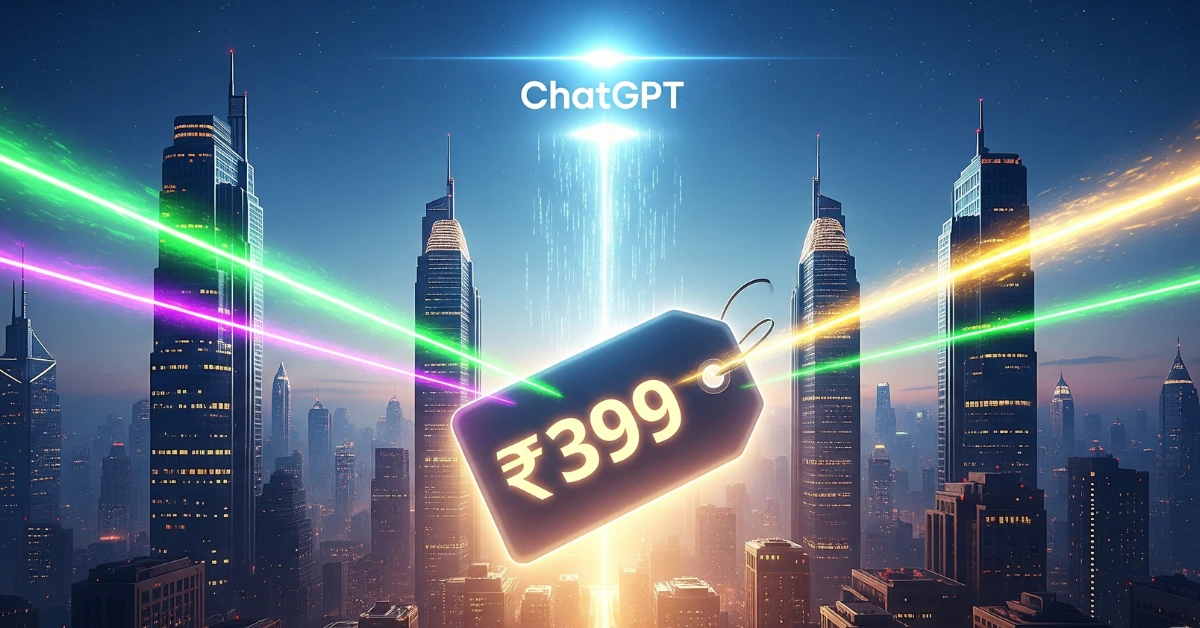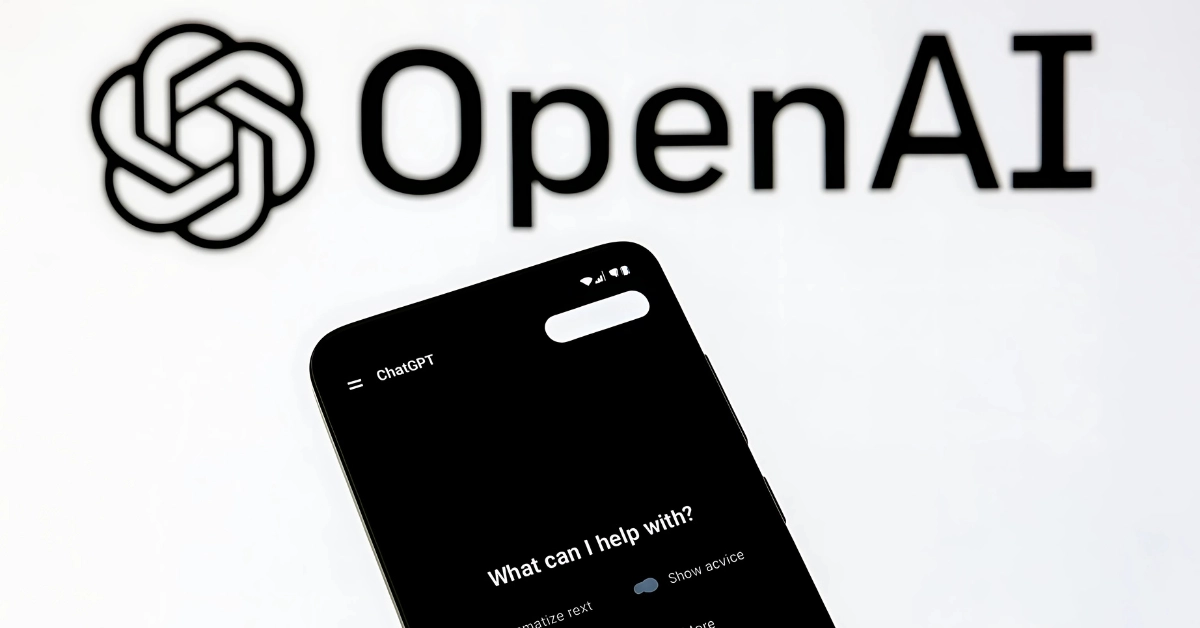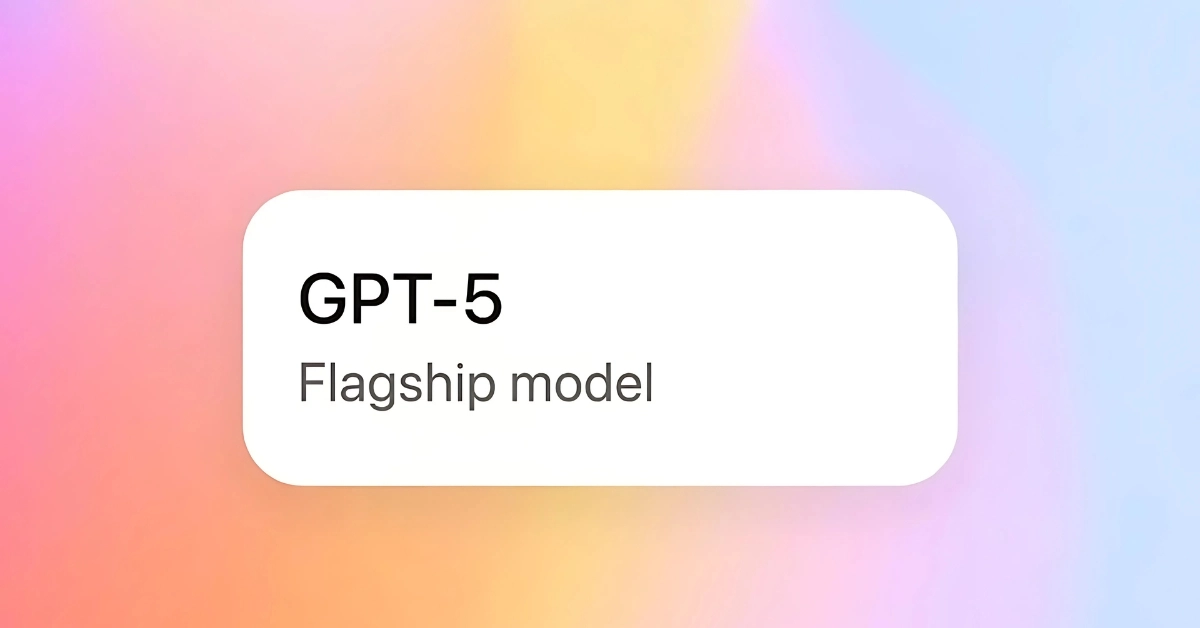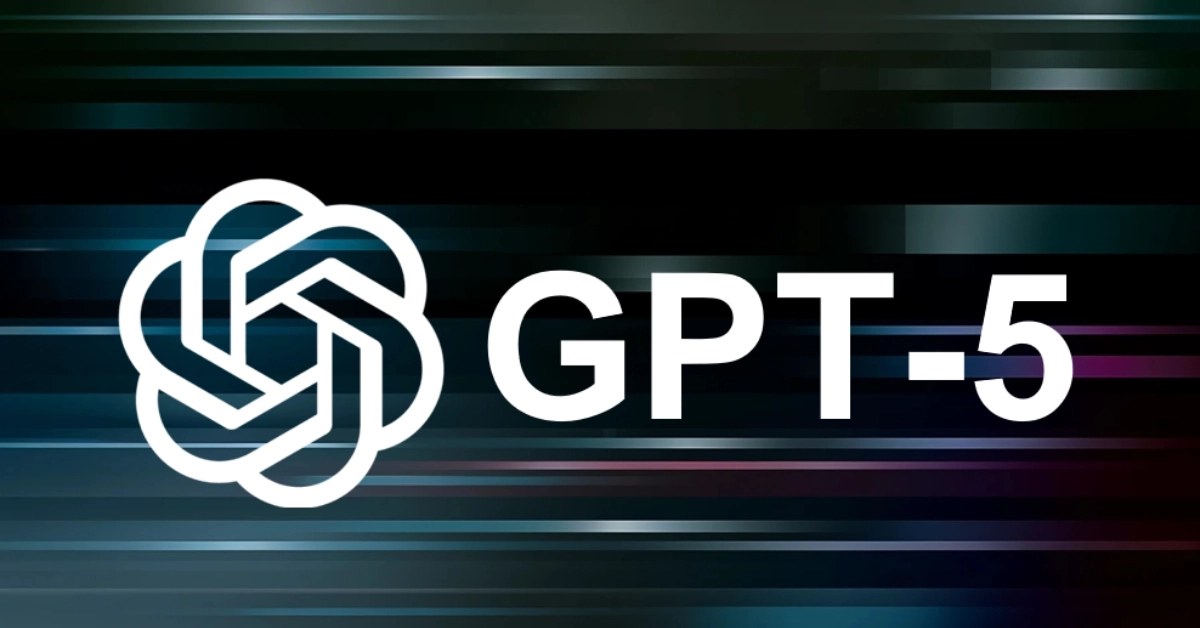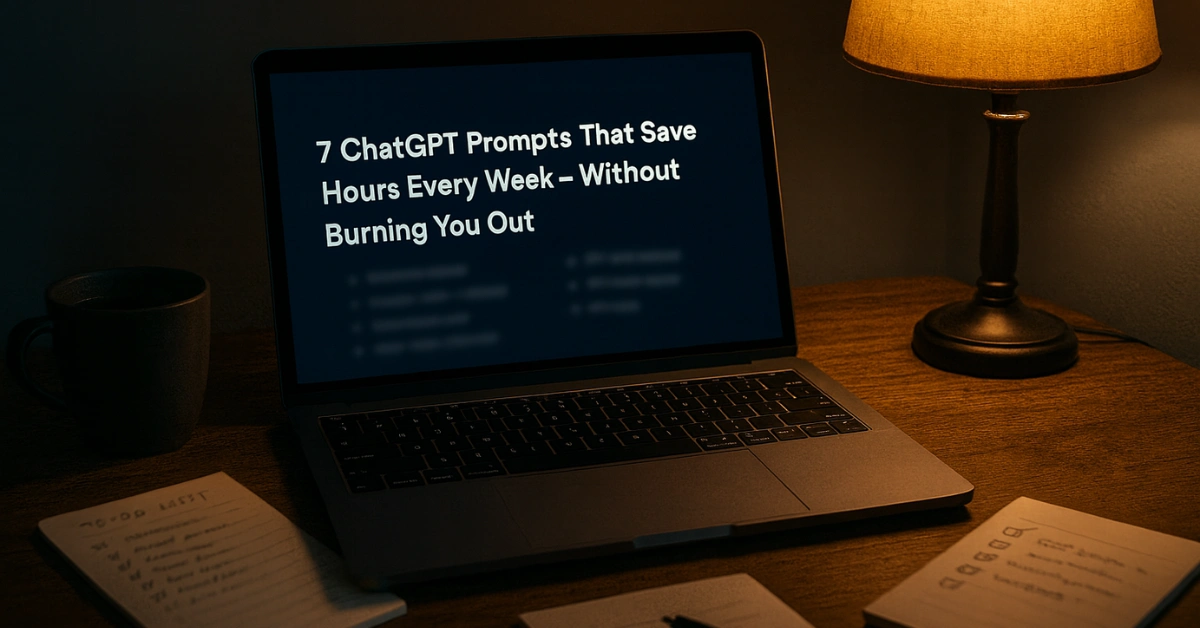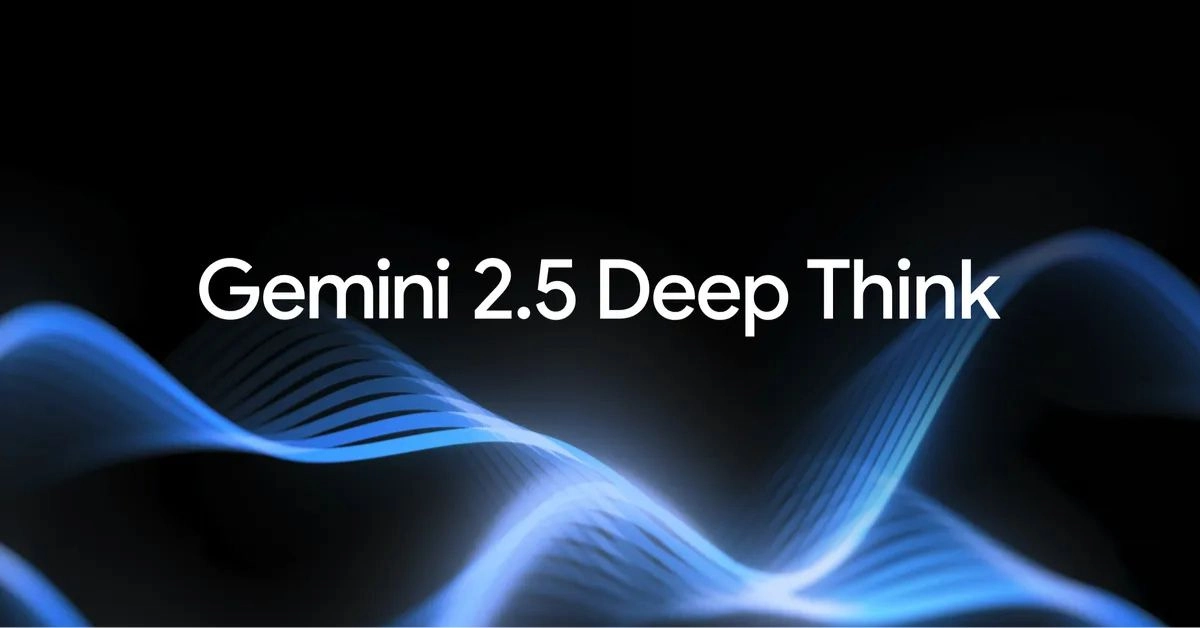OpenAI just dropped ChatGPT Go in India for ₹399 a month, and it is not just another subscription plan. This is Silicon Valley trying to do what Reliance Jio did to telecom: flood the market with something too cheap to ignore, flip user behavior overnight, and lock in loyalty before anyone else can catch up.
But the question is simple. Will Indians pay for AI when Airtel is literally giving Perplexity Pro away for free?
GPT-5 in Your Pocket for the Price of a Pizza
ChatGPT Go is positioned as the “value pack.” You get ten times more messages, ten times more images, ten times more file uploads, and twice the memory compared to the free tier. Plus, it unlocks extended access to GPT-5, the model that is supposed to be the brain of the future.
Sounds juicy, right? Until you look closer. Go comes stripped of the premium toys: no Sora for text-to-video, no GPT-4o for real-time multimodal work, no API, no connectors, no pro integrations. It is the sampler platter, not the buffet.
And OpenAI knows exactly what it is doing. ₹399 is bait. The real money is still hiding behind the ₹1,999 Plus plan and the ₹19,900 Pro plan.
Subscription in True Desi Style
One thing OpenAI got right: the payment flow is as Indian as it gets. You can pay with UPI, see your bill in rupees, and even use ChatGPT on WhatsApp with the same Go benefits. That is clever. If Jio had free calls, OpenAI is betting WhatsApp is the new highway to mass adoption.
It feels slick at first glance — until you remember Airtel just dumped 360 million free Perplexity Pro accounts into the wild. If you are a college student or gig worker, are you really going to pay ₹399 a month when Airtel’s giving you an AI butler for nothing?
The Competitive Reality Check
Economic Times called this OpenAI’s “Jio moment.” Nice headline, but here’s the reality: Jio had spectrum, infrastructure, and deep pockets to crush competition. OpenAI has a shiny model, yes, but it does not control the pipes.
Perplexity has Airtel. Google Gemini has its own Android chokehold. OpenAI? It has to win with brand and product experience alone. And in a price-sensitive market like India, that is not an easy game.
The User’s Dilemma
Here’s how the tiers look for Indians right now:
- Free: GPT-5 with heavy usage caps. A taste of AI without real muscle.
- Go (₹399): The affordable entry ticket. 10x usage, 2x memory, GPT-5 access. Solid upgrade for students and freelancers.
- Plus (₹1,999): The premium gate. Includes Sora, Agent Mode, Deep Research, older models like GPT-4o, and integrations with Gmail, Notion, GitHub.
- Pro (₹19,900): The power plan for enterprises and developers who never want to hit a wall.
On paper, the ladder looks neat. In reality, Go feels like a half-step designed to upsell you the moment you start craving real tools. It is the old telecom trick: hook you with cheap data, then charge for speed.
The Real Story
Make no mistake, ₹399 is disruptive. It drops the psychological barrier for millions of Indians who would never touch a ₹1,999 subscription. It makes GPT-5 feel accessible, not elite. And WhatsApp integration is pure genius for reach.
But let’s not overhype it. This is not the second coming of Jio yet. Unless OpenAI finds its own “killer freebie” moment, Go risks being remembered as the diet version of ChatGPT that never truly hit escape velocity.
The real fire in India’s AI market is not about who is cheapest, but who is stickiest. And right now, Airtel–Perplexity’s free army looks a lot stickier than OpenAI’s ₹399 pitch.
Bottom Line
₹399 ChatGPT Go is OpenAI’s most aggressive play in India yet. It is bold, localised, and clever. But whether it rewires the market like Jio did depends on one thing: will Indians actually pay for AI when a rival is literally free?
That is the billion-dollar gamble. And OpenAI has just rolled the dice.

